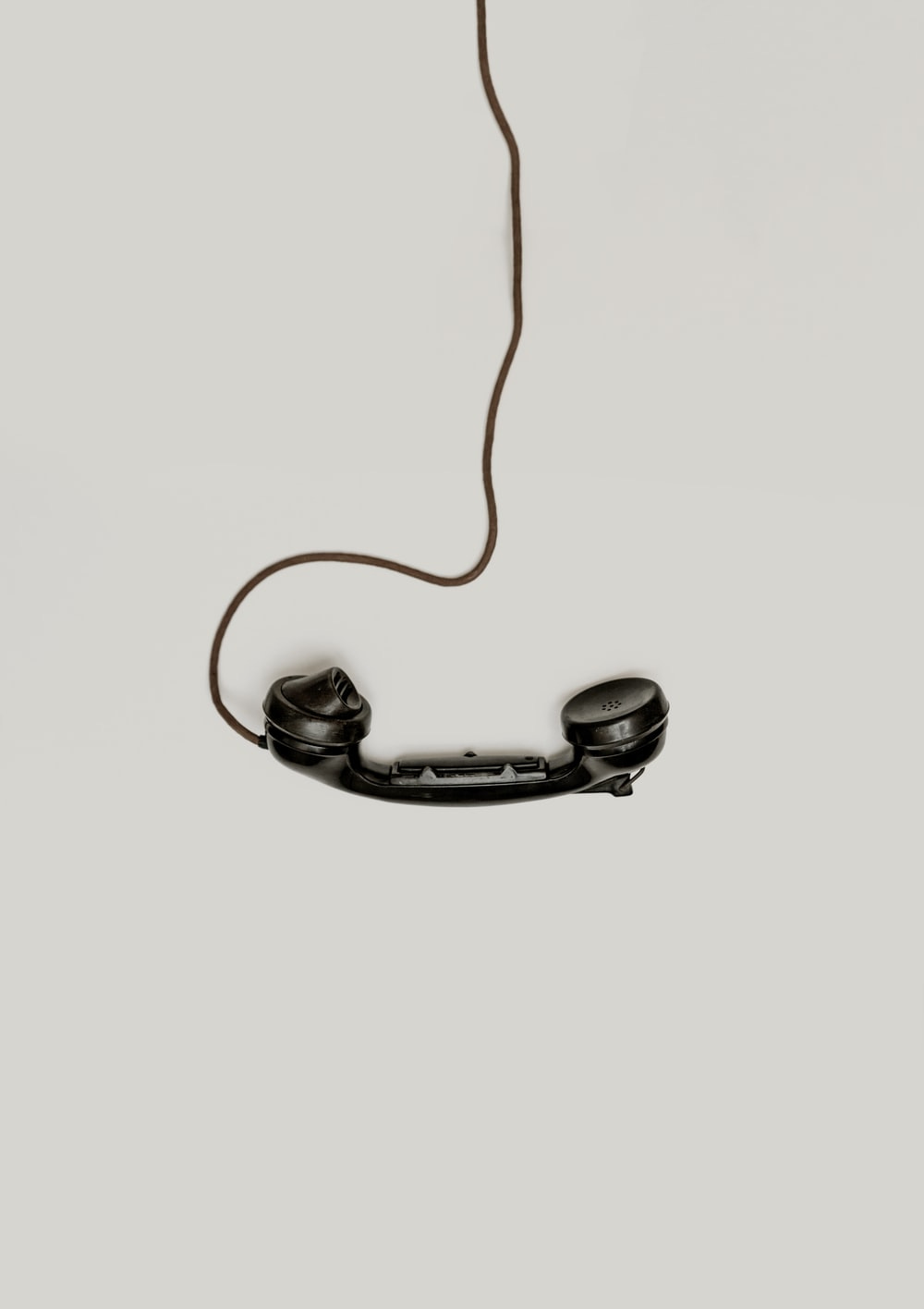Tiny Revolutions №23: A Call to Action
I finally figured out what I'm doing here

When I started writing this newsletter two years ago, I was angry.
I was angry that I lived in a world where super successful creative geniuses like Anthony Bourdain and Kate Spade and David Foster Wallace could possibly want to kill themselves. I was angry because I’d been working with and fighting my own depression for decades, largely ashamed of it and largely without saying a word about it to the people closest to me.
I was thinking about how the first time I thought about killing myself was when I was 10 years old. And how it would be another 20 years before I got any truly meaningful help. I had to fight against often debilitating insecurity and shame and the derision of others to figure out how to live in a way that helped me *want* to live.
I spent years searching for answers. I tried everything. Medication, meditation, therapy, hiking, yoga, running, sobriety, wine, weed, writing, infrared saunas, breathwork, intuitive healers, eating specific foods, avoiding specific foods, herbal and vitamin supplements, etc. A lot of it helps! Slowly and through much trial and error, I learned how to give and get myself the help that I needed.
What I learned was that depression never really goes away. You just learn to live with it. Some years it barely touches me. Some years I spend most of my mental energy trying to stay afloat. Such is life.
But the most interesting thing I learned is that *fighting it* is actually the wrong answer. In all my struggles to learn how to not be sad, I discovered that fighting was not helping. That pushing bad feelings away or numbing them out only made things worse.
At the heart of it all, and frankly the only reason I’m alive right now, is that I’ve finally learned that I have to deal with my emotions head on. And that is by having a daily practice of acknowledging and recognizing them and using this hard won knowledge to figure out how to do the next right thing, both for myself and for others. But it was a long process and there was never anything close to a roadmap.
And it’s bizarre, because while mental and emotional fitness is EVERY BIT as important as physical fitness, information on what that entails has been virtually nonexistent for most of my adult life. While meanwhile I would say that I have probably not lived a day where I didn’t get at least one message about the importance of being physically fit (mostly thin and conventionally hot, but I digress).
As an example: college was a hard time for me. I struggled a lot. I went to the University of Georgia, which was about an hour drive from my parents’ house in Atlanta, and I made that drive frequently. I used to steel myself for it. If I went into it not feeling great, an hour of being by myself in my head was a recipe for disaster--just a long haul of beating myself up for all the ways I didn’t feel like I was good enough. And I would always start these drives wanting to feel better, but at the end of them I would inevitably feel worse. I couldn’t think my way out of a bad mood.
Twenty years later I know why, and it’s that you can’t really think your way out of anything.
You have to feel.
You have to let yourself feel, and acknowledge, and move on.
And the good news is this: YOU CAN LEARN HOW TO DO THIS. It requires daily work, but it’s very, very possible.
In the meditation world, there’s a saying: that the mind makes an excellent servant but a terrible master. I never got what that meant until I really started a meditation practice, but what means is that the brain is just one part of a whole, and the whole is you. Not everything comes from the brain. We talk about our hearts. We talk about our guts. It is not until we start honoring those inputs and other sensations in the body along with our thoughts that we can truly understand what drives us and how to live accordingly.
There is still so much we don’t understand about ourselves. Yesterday, a day I was incredibly emotional about the state of our country, the horror and the sorrow, I listened to a podcast about the unrest in Minneapolis. The reporter on the ground, Audra Burch, calmly gave her account, and, when asked how we move forward, said “we deserve better, more honest conversations about where we are…all of us need to be honest and allow ourselves to feel things.” And: “I think we all should be sitting with this just for a moment and deciding what this means.”
“I fight for clarity,” she said. Meaning she had to feel the feelings, to allow them to pass over her and through her in order to figure out what to do next.
It was a powerful moment of clarity for me, because it encapsulates something that, on my life, I would swear is critical to the survival of our species: we as a people have to evolve our own self-knowledge to understand our feelings and what is driving us. We have to find these things out before we act out in fear and anger and violence, or in any other way that is not serving us. And I don’t just mean people who struggle with depression or anxiety. I mean EVERYONE.
This is not an easy task. But again, it is possible. It can be done.
There are so many scientists and researchers who are doing the work to articulate the importance of emotional health and show that emotional literacy is the way forward. I think of Brene Brown and Harriet Lerner and Marc Brackett and so many others. And I am changing the focus of this newsletter to be about this topic specifically.
I got to find these answers because treating my depression required it. It has been quite simply a matter of life or death for me. But there is no question that learning to live in a way that is true to your self and your feelings is helpful for every person on this earth.
And this earth needs saving. Two years ago when I picked the name Tiny Revolutions I thought I was talking about the vicissitudes of life: light and dark, success and failure, happiness and sadness. And I am.
But I’ve realized that what I need to talk about is much bigger: the revolution that we need is about learning to understand ourselves. We need a movement to insist that we learn how to do this work. Because to do this work is to heal ourselves and the world around us. It is the only way I can see to get out of this pattern of violence and aggression.
I’m not quite sure what it looks like, but I’ll be back next week with a renewed focus. I hope you’ll join me.
~
Here are some things I found worth sharing this week:
This speech from Atlanta activist and rapper Killer Mike shows something that is in short supply in these strange times: leadership. What’s part of that? Emotion. Both acknowledging it and using it to figure out how to move forward. It’s an incredibly powerful speech and I hope you watch it.
A third of Americans now show signs of clinical anxiety or depression, Census Bureau finds amid coronavirus pandemic.
I am so worried about all of us.

An interesting account from a SF based reporter (Hi, Dan!) who tried out an app called Quarantine Chat, which connects you with strangers from all over the world for anonymous phone conversations. Sort of like Chat Roulette, but voice only. I’m intrigued by this concept and might give it a shot—if you try it, please let me know how it goes!
“It's actually not about trying to tamp down on or control the way the mind works. It's about familiarization. Just getting to know how nutty it is inside your brain, inside your mind, is incredibly important, because when you've tipped over into panic or any other unhelpful, unskillful mind state — like greed or anger or hatred — then you might notice it. And then you have a choice: Am I going to be owned by this panic right now or am I going to be owned by this anger right now? Or am I going to be so controlled by the anger that I'm going to say something that's going to ruin the next 48 hours of my marriage? Or am I going to eat the 75th Oreo?”
Here’s a great episode of Fresh Air (you can also read it in text form) with Dan Harris, who wrote 10% Happier, about how meditation can help make you less anxious. It clears up a lot of misconceptions about meditation — namely, that it clears your mind. It doesn’t. But it does help you get to know yourself better, and that’s powerful.
Speaking of 10% Happier, they are doing free live guided meditations every weekday at 12 PT/3:00 ET on their YouTube channel. Here is the one from Friday with teacher Sebene Selassie.
And finally, since things feel pretty unbearable at the moment…

James Baldwin knew.
Thanks for reading. Take care of yourselves out there.
😘
Sara
p.s. Share this. Tell someone who knows.
p.p.s. Email me anytime.



Hi Sara. This week and weekend have been very heavy and stressful. Your newsletter made me feel connected and grounded. Thank you for being so open and vulnerable in sharing yourself. You’re such a wonderful writer. I felt like you were sitting right next to me talking.
Hi, Sara. Thanks so much for this. Hearing you speak last night at Angel City reminded me of a performance piece that I wrote five or so years ago when I first became interested in Zen. You inspired me to find it and publish it on my blog that I've been happily ignoring. https://notforhumanconsumptionblog.wordpress.com/2020/06/02/zen-meditation-with-roshi-rochi/